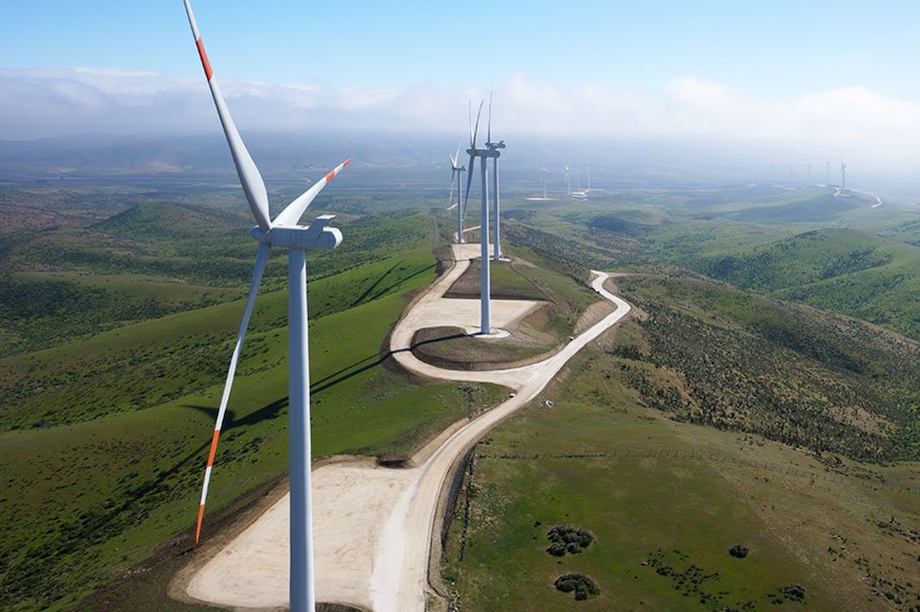Output from a 295MW portion of the 450MW High Lonesome project in Upton and Crockett counties in west Texas, US, will be hedged through a 'long-term proxy revenue swap' (PRS).
The agreement with insurer Allianz and risk management company Nephila Climate is based on financial derivatives designed to produce stable revenues regardless of power price fluctuations and weather-driven intermittency.
Enel Green Power will receive fixed payments based on the expected value of future energy production, with adjustments paid depending on how the realised proxy revenue of the project differs from the fixed payment.
"Proxy generation for each settlement period will be calculated using a pre-agreed formula converting wind speed to electricity output," Javier Vaquerizo, the head of Enel Green Power’s global commercial office explained.
"This formula is based on a pre-set power curve which takes into account wind turbine manufacturer-rated performance and a pre-set expected operational efficiency ratio provided by a wind resource assessment from an independent third party."
The developer expects the 142-turbine wind farm to start commercial operations this year and to generate around 1.7TWh annually.
Vaquerizo added: "EGP will use the PRS in an opportunistic way, taking it into consideration as a complimentary solution to be combined with other commercial strategies, in particular in markets where there is high interest from insurers due to high price volatility and good liquidity."
In November 2017, WindEurope and insurance firm Swiss Re published a report demonstrating that as policy frameworks move away from feed-in premiums for power generators, operators were becoming more exposed to weather and price risks.
The authors suggested the increased risk to project revenue should wind speeds fall in a given year, means institutional investors are wary of taking on unprotected wind sites.
Enel Green Power’s proxy revenue swap deal with Allianz’s Alternative Risk Transfer unit was executed in collaboration with valuation and risk analytics firm REsurety.
The firm’s CEO Lee Taylor said: "Renewable energy projects are under increasing pressure to deliver predictable returns despite the increasing volatility of the value of intermittent generation.
He added REsurety developed the proxy revenue swap deal "to deliver unrivalled certainty of cash flows, regardless of power price volatility and weather-driven intermittency".
"The construction of High Lonesome is a strong testament to the popularity and success of innovative renewable energy protections," added Karsten Berlage, managing director of Allianz’s Alternative Risk Transfer unit, with which Enel Green Power signed the proxy revenue swap deal.
On the buyer side, too, companies are exploring variations of power purchase agreements (PPAs) to manage weather risk.
Computing giant Microsoft, which has signed more than 1.2GW of corporate power deals for renewable energy, also worked with REsurety to develop two such variations.
Before signing so-called proxy generation PPA, the buyer and seller agree a fixed price for the generated power.
This price is based on the wind farm’s predicted output, taking into account everything from projected turbine and transmission losses to predicted meteorological measurements.
A potential supplement to a traditional PPA is the volume firming agreement (VFA), which reallocates the risk related to future weather conditions to third parties better equipped to manage it — insurers, for example — than smaller companies and retailers unable to manage wind power’s variability.

.png)



.png)









